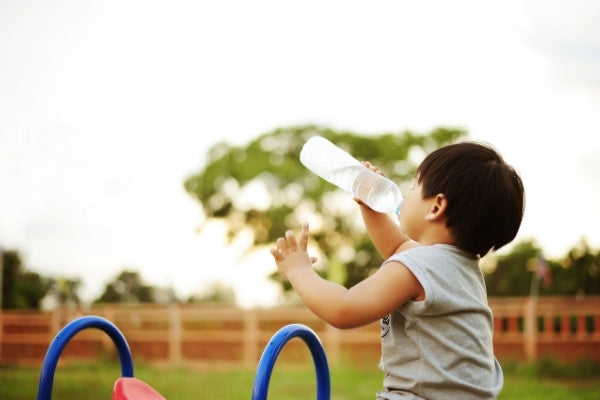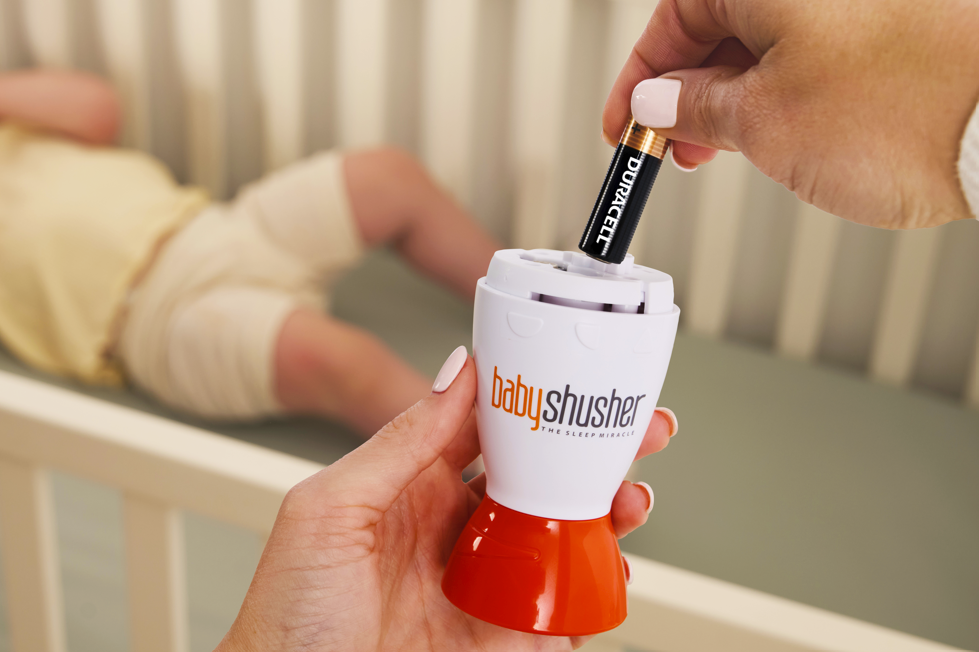
There are numerous misconceptions surrounding Dehydration. Most people think Dehydration mainly affects athletes due to their constant depletion of fluids. But, this isn’t true, Dehydration affects everyone and babies are in fact at a higher risk than adults. A baby can’t store a lot of fluid, and babies can get dehydrated very fast. Fortunately, there are many ways of keeping your babies hydrated to avoid Dehydration – check out the following tips.
1. Adequate feeding
Feeding is an excellent way of bonding with your child. Babies get all the necessary fluids from food, and keeping your babies hydrated starts with proper nutrition. Give foods with high water content, and breast or bottle-feed your baby as advised.
Contact the doctor immediately if your dehydrated baby won’t drink. Give ORS (Oral Rehydration Solution) if your baby experiences fever, illness, or feeding difficulties. The ORS will replace the lost fluids and electrolytes.
Additionally, ensure that your baby gets adequate sleep. Even if your baby is well fed but lacks sleep, they are likely to be irritable and anxious. Lack of sleep in babies can be incredibly disruptive, and if it is extreme then a professional such as a baby sleep consultant is worth considering. Such a professional will support and guide you through the challenges associated with your baby’s sleep problems.
2. Keep the baby cool
Babies are vulnerable to heatstroke, and this can be fatal. Dress the baby lightly in hot weather and provide shade when outside. Overdressing can also overheat your baby. According to the National Institute of Health, more episodes of SIDS occur in winter as opposed to warmer months. During this time, parents usually bundle their babies in unnecessary layers of clothes and blankets. And this can result in overheating.
Instead, have your baby sleep in light clothing and set the room to the right temperature. When shopping for baby clothes, opt for breathable fabrics, and avoid heavy blankets. Also find yourself a handheld fan with an attached water bottle; this will help you to spatter cooling mist on your child.
3. Hydrate your baby
Babies require lots of fluids. Note that your baby’s age, gender, weight, surrounding weather, and level of activity determine the necessary amount of water that your baby needs. Here are suggestions on water intake based on your child’s developmental stage.
0-6 months
Avoid giving water to babies below six months, a baby at this age only needs breast milk or formula. Be keen on tour baby’s wet diapers; if only a few are damp or there less urine than unusual, this could mean that the baby needs more fluids.
6-12 months
At the age of six months, you should introduce solid foods, and it’s okay to give water as well. But, continue breastfeeding or giving formula to provide your baby with adequate nutrition. Giving your baby small but frequent sips between meals will hydrate your baby and also help in the prevention of constipation.
Toddlers /Preschoolers
Dehydration in toddlers is prevalent, and keeping your babies hydrated should be your priority. Kids between ages one to three should take about five to six cups of water daily. Kids between the ages of four to eight should have around seven cups daily.
For the milk, your kid doesn’t need more than two cups per day; drinking too much will fill them up. And this will leave little room in their tummy for healthy meals during lunchtime. As for milk, your little one doesn’t need more than 2 cups a day because drinking too much can hinder their appetite and ability to get further nutrition.
The bottom line
Babies can quickly get dehydrated and keeping your babies hydrated at all times is vital. Suggestions such as feeding the baby with light foods, providing enough fluids, and dressing the baby appropriately will all make a difference. Always be on the lookout for any signs of Dehydration in children is of priority.
Written By Camila Merashi

